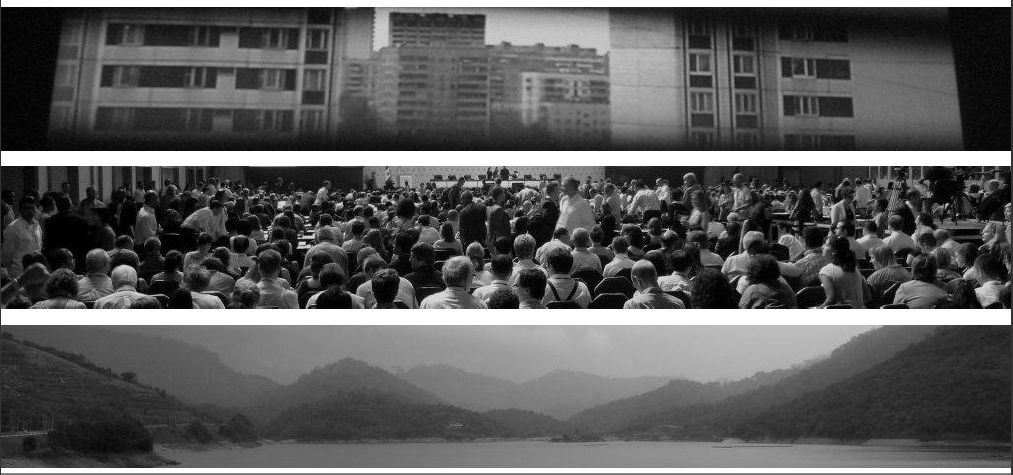Since the beginning of negotiations in the frame of sustainable development, deliberations have been morally grounded by making reference to two general ethical principles that are said to have a fundamental character: human equality and fair play. The principle of human equality informs in its turn the ‘derived’ principles of (1) inclusion of the (potentially) affected in decision making, (2) intragenerational solidarity as an account towards the weak (the underdeveloped / the poor) and (3) intergenerational solidarity as an account towards future generations. The principle of fair play traditionally supports a commonly acknowledged need for transparency and accountability of authorities and the private sector, based on an understanding that political authorities and markets can (and should never try to) shape their own ethics, but that they have the moral right and duty to take part in the intellectual socio-political debate about them.
In todays discourses on sustainable development, there is a tendency to narrow the concept down to that of a green economy, thereby underexposing the importance of the ethics of sustainable development that would necessarily fall outside any reasonable market-regulating framework. Even in combination with poverty eradication, a green economy cannot ensure in itself the fundamental ethical principles of equality and fair play described above.
Based on this reasoning, the paper develops an argumentation on the need for an advanced understanding of the concept of sustainable development. In conclusion, it argues that the ultimate moral and practical challenge for humanity is to pursue and implement an ‘enlarged’ conception of distributive justice that aims for an equality of humans as regards their capacity of individual critical-intellectual development and their capacity to act as sense-making agents in political deliberation.
see the paper at the The Possibility of Global Governance site


